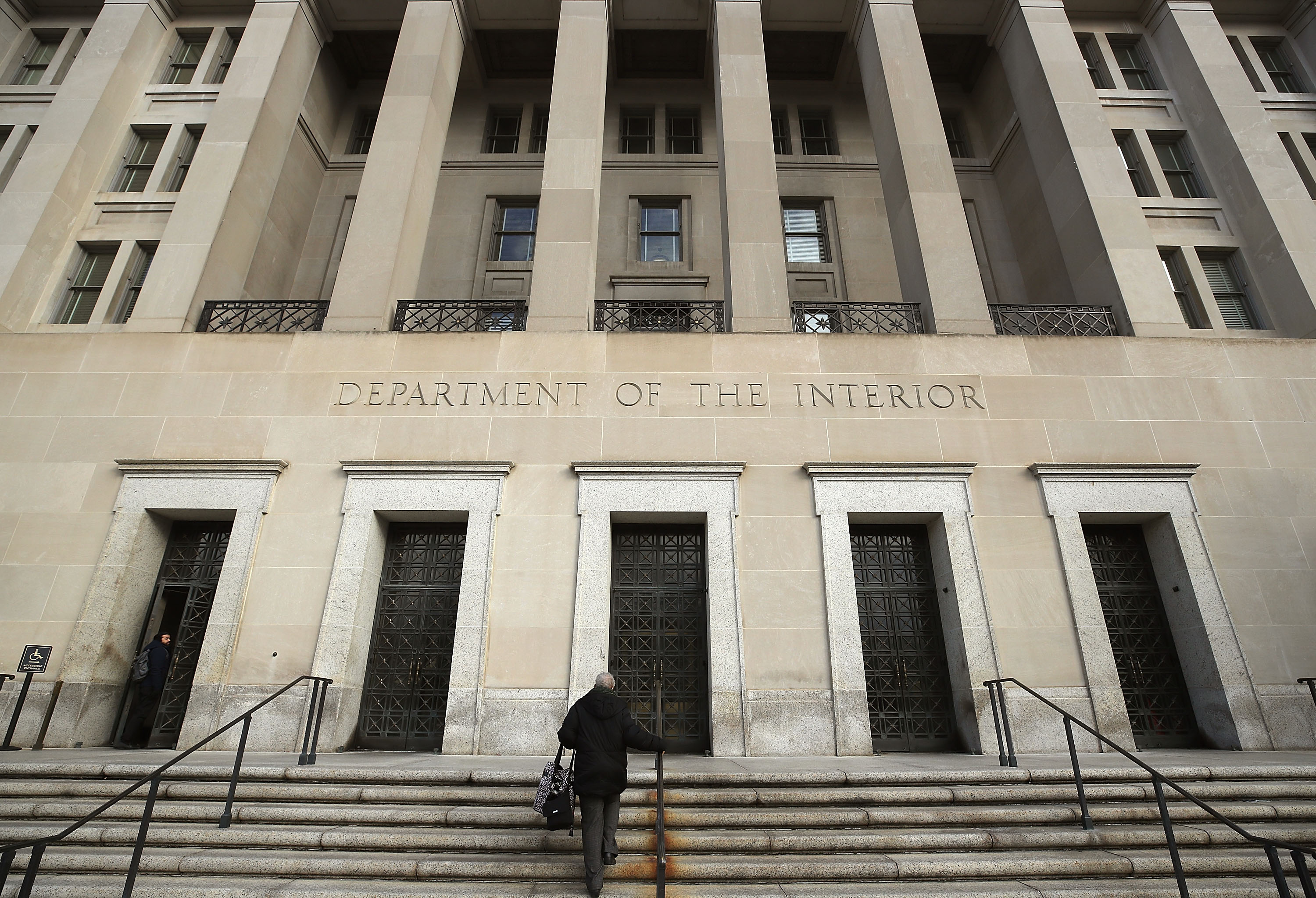Copyright inquisitr

A Trump-appointed federal judge just kneecapped MAGA Rep. Ronny Jackson’s long-shot bid to stop California’s redistricting counterpunch, dismissing the Texas congressman’s lawsuit for lack of standing and handing Governor Gavin Newsom a timely political win. In an order issued Thursday, U.S. District Judge Matthew J. Kacsmaryk ruled that Jackson failed to show California’s plan would cause him any concrete harm, writing that Jackson “failed to show that California’s approval of the [Election Rigging Response Act] will likely cause him to suffer a legally cognizable injury,” and that the alleged downstream losses in “influence,” “staff,” or media profile were “too speculative.” Jackson, a loyal Trump ally and former White House physician, had sued to block Newsom’s Proposition 50, the November special election measure that would temporarily allow new congressional lines through 2030 as a response to Texas’s mid-decade redraw that Republicans say could net them five seats. California officials argue the move is a limited, time-boxed answer to an extraordinary maneuver in Texas, with authority returning to the independent Citizens Redistricting Commission after 2030. If the goal was to slow California, it backfired. Judge Kacsmaryk’s order dismissed Jackson’s complaint and his bid for emergency relief, clearing the way for voters to decide Prop. 50 on Nov. 4. The court emphasized the basics of Article III, speculation is not injury, and a Texas lawmaker cannot block Californians from voting on their own map absent a concrete, traceable harm. The politics are national. Texas, encouraged by Trump, pressed an aggressive redesign earlier this year to juice Republican chances in 2026. In response, Newsom and California Democrats moved Prop. 50, pitching it as a one-time firewall to protect representation while red states load the board. Even Barack Obama weighed in, praising Newsom’s tack as a “responsible approach,” and stressing that Democrats “are not going to try to completely maximize it,” while warning that if his party does not respond, Republicans “will not stop.” Jackson framed his lawsuit as a stand against partisan retaliation, but he also made it personal, promising Newsom in a video, “We are suing you, and we will WIN!” The Amarillo court did not buy it. Venue aside, the judge said Jackson’s theory of harm was a chain of hypotheticals, and that being a high-profile Trump loyalist does not make him uniquely vulnerable to Democrats. The order flatly rejected the idea that the court should preempt California’s special election on that basis. Prop. 50 remains contested in the court of public opinion. Supporters say it could net Democrats up to five seats and rebalance the national map after Texas’ play; critics, including some good-government types, call it gerrymandering by another name. The official voter guide describes Prop. 50 as a temporary reset through 2030, with the commission resuming control in 2031. However, the rhetoric swirls, the measure is now in voters’ hands, and early polling has shown it within reach. As for Jackson, the ruling is a stinging defeat. The Navy only recently restored his retired flag rank after a 2022 demotion, and his return to the headlines now comes with a courtroom loss to a judge appointed by the very president he champions. If California voters pass Prop. 50, Democrats could pick up as many as five House seats, and the message from Amarillo will read the same way it does today: speculation does not win lawsuits.



